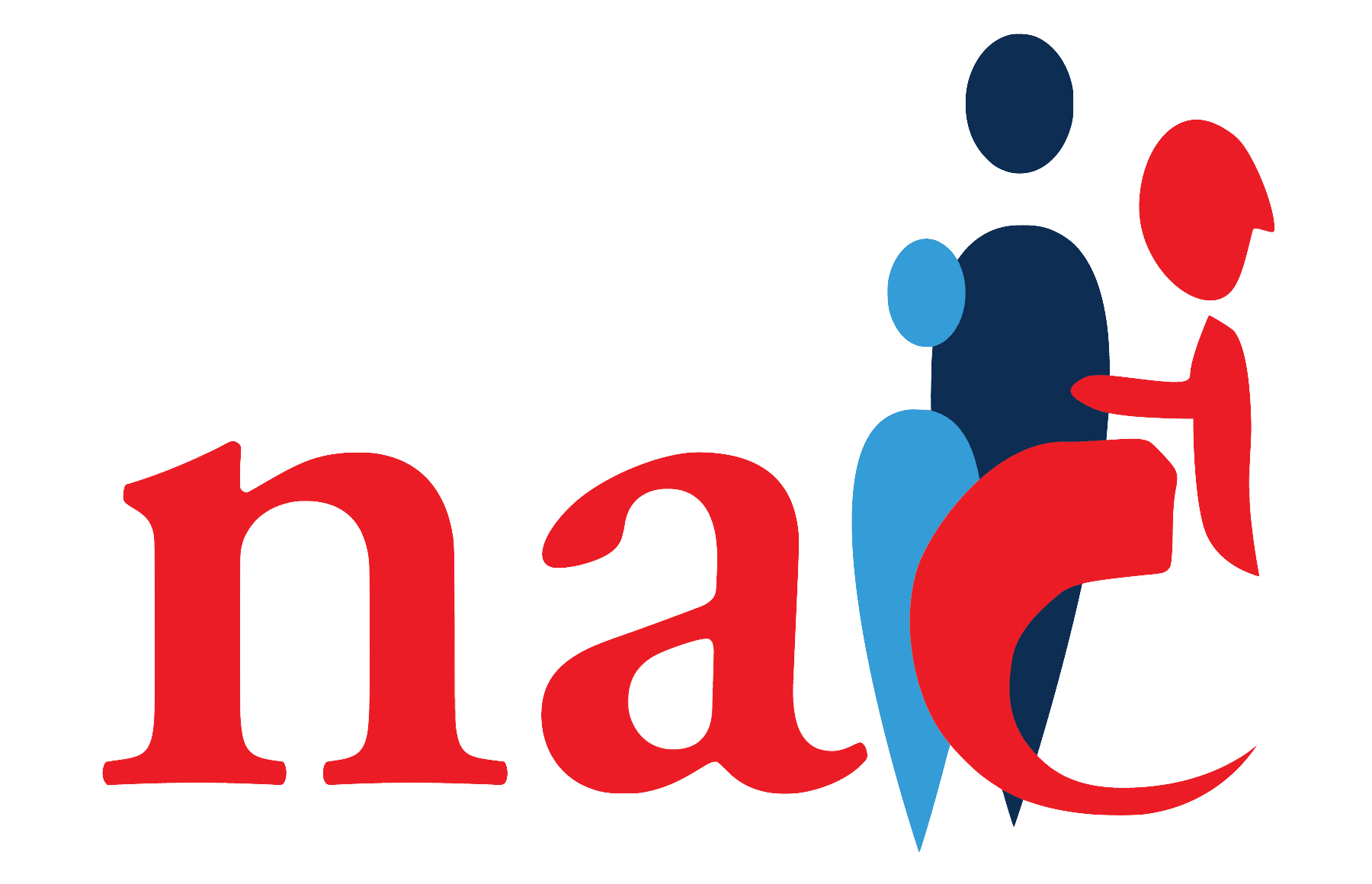Pierre is caring for his wife, who was diagnosed with advanced stage non-small cell lung cancer. This diagnosis came as a shock because Pierre’s wife has no known risk factors for lung cancer. Because Pierre was a physician and had his wife’s permission to speak with her doctors about her results, he was informed of the lung tumor first and was the one to break the news to her.
Pierre finds balancing his role as a former physician and caregiver challenging. While he immediately realized how it felt to be a caregiver upon his wife’s diagnosis, he also had the background knowledge to access resources, information, and know when and how to push for things when advocating for his wife’s care. However, he is always mindful of remaining her caregiver and not slipping into a situation where he is acting as her physician.
It was difficult for his wife to find resources on lung cancer because there is a lot more attention paid to other types of cancer. Pierre’s wife had to do a lot of work to find a community she could connect with, and the information was not provided by her medical team. Pierre acknowledges that without advocating for themselves, caregivers would not receive much information and support, and that there needs to be resources out there that better address the needs of caregivers.
In order to reach caregivers, Pierre thinks it would be helpful for patient advocacy groups to be recommended by medical teams at the time of diagnosis. Since there can be a lot of overwhelming information at that time, he thinks it would be especially helpful if connections to patient advocacy groups were included in an information packet, and if someone on the medical team had made clear to him what he was about to face as a caregiver and where he could go for resources and support.
All caregivers have different experiences and needs, with little time on their hands. By connecting with caregivers and asking what their specific needs are and providing support for those needs, patient advocacy groups can save the caregiver time and energy and make it more likely that they receive the help they need.
